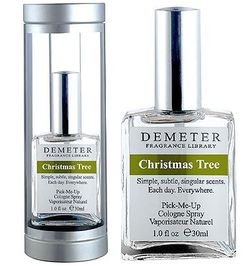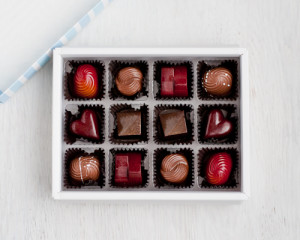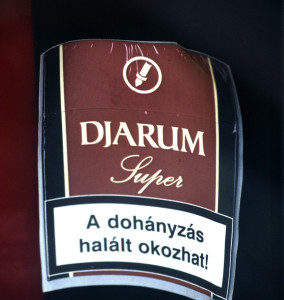I consider myself to be perfume crazy (that should be perfume wise) but I hadn’t seen the film The Perfume until today.
I started to read the book many years ago but didn’t get far, in spite of the subject; it did not feel like good literature, or simple readable.
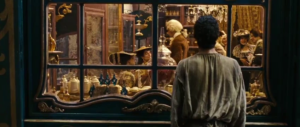
The film shows clearly the limitations of “genius”. Grenouille is a perfume genius but that is his sole strength. He is more of a savant, however, I feel that much more praised and less fictitious “geniuses” should also be regarded as savants.
A very strong specialization, meaning being very brilliant but only in one region, is an unbalanced thing. Sch a person can only contribute in very specialized and limited way to the world.
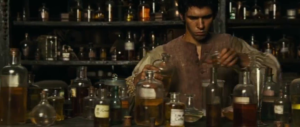
What struck me was the ending of the film.
Grenouille is not executed, he has literally one more trick, his greatest, up his sleeve. Having distilled the scent of a number of dead maidens, he has composed a perfume that is more than charming, seducing, or even magical.
It literally turns him, not in the eyes but in the noses of his fellow human beings, into, first, an innocent man, and then, an angel.

This is olfactory charisma. I think of the odor of sanctity of holy men and women. I have met a couple of holy people, in the sense of very advanced, but they didn’t smell better than others. (Or my nose is not developed enough for this.)
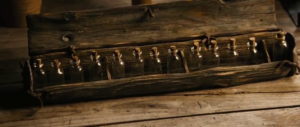
What if it was possible to construct a scent that had this or similar effect on people? Is anybody trying? The opposite — of course, on this warlike planet – is true. The military are experimenting with odors so bad people will puke. How unimaginative! If I were a military strategist I would commission a scent that would make my enemy love me.
What then would I do with him? Let’s not even think about it. Military ambitions are about seducing, controlling, putting down.
However, I am also reminded of Carel Capek’s book “The absolute at large”, where an inventor constructs, of all things, a carburator in the vicinity of which everybody sees God, The Absolute.
Now that is really something! A heavenly carburator.
But the subject is somehow still charisma. We perceive it in looks mainly.

True, some have magnetic voices and we fall into their spell when listening to them. Of course their words also add to the effect, thus effecting our mental sense.
But a scent would go deeper, it would need no words, no looks, no movement even. You could be dead and smell good and people would be, in the old sense, charmed by you.
Women speak about falling in love with a man, or his after-shave. I can believe it. But I don’t think it was only his after-shave. We perceive, receive people as a package, and seldom deconstruct them into their constituent parts. Scent comes together with visual impressions, sounds, words, and a lot of more or less un-analyzable material.
Of course a scent is a short-cut. Let’s train and practice our own odor of santicity. It might be felt if not by noses then by our

